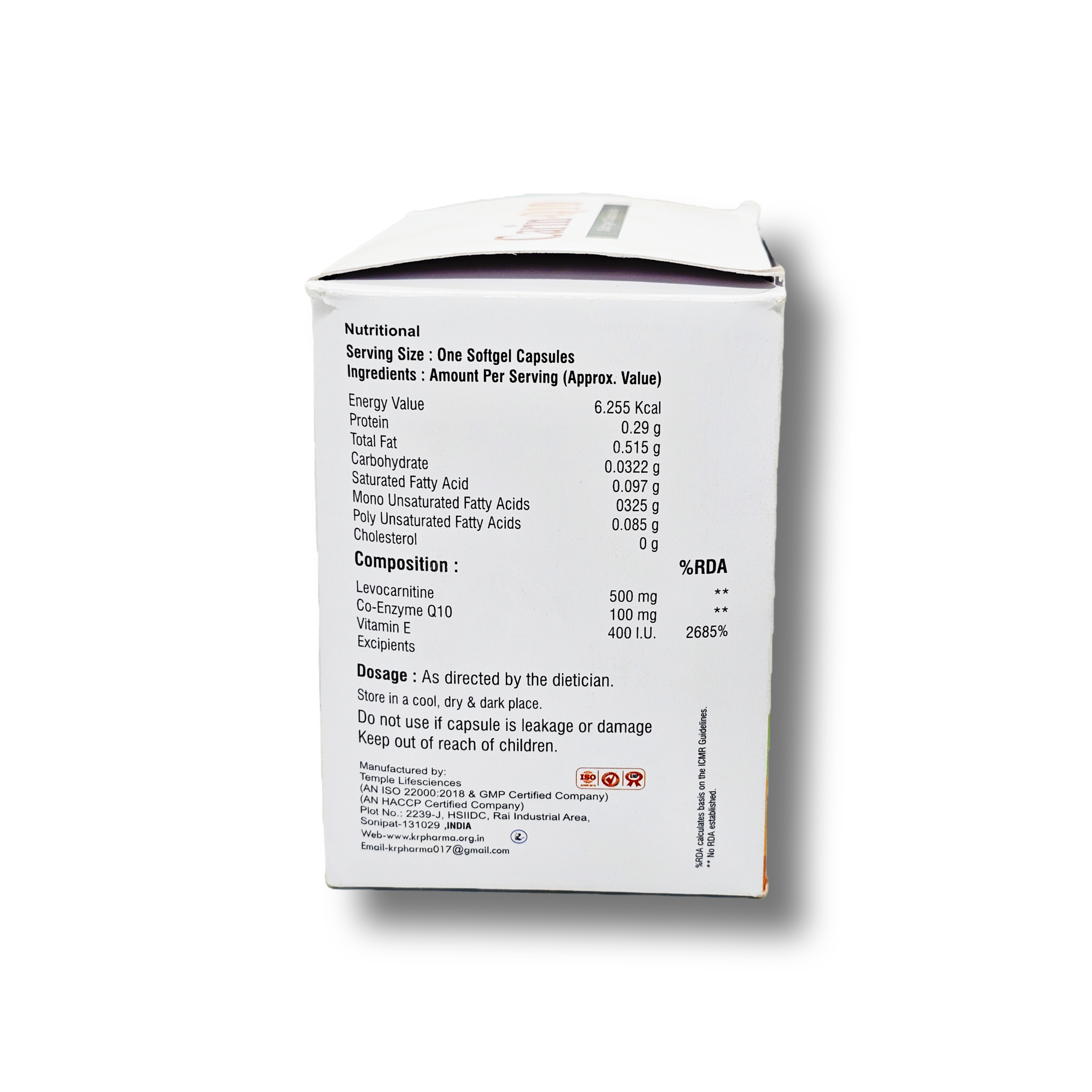 Upload Prescription
Upload Prescription
Cart
No Items in Cart
Why Dietary Supplements are important for health?
Dietary supplements play a significant role in promoting overall health and well-being. These supplements include vitamins, minerals, herbs, and other nutrients that can provide essential benefits. Let's explore why they are important:
-
Nutrient Boost: Dietary supplements can fill gaps in your diet by providing essential nutrients that you might not get enough of from food alone. For instance:
- Vitamins C and D, fish oil, and calcium are common supplements that contribute to overall health.
- Folic acid is linked to a lower risk of fetal development issues.
- Omega-3 fatty acids in fish oil improve heart health.
- Vitamins A, C, and E support eye health.
- Probiotics aid digestion and boost the immune system.
-
Specific Health Conditions: Healthcare professionals often recommend dietary supplements for specific health conditions or situations:
- If you have iron deficiency anemia, an iron supplement may be advised.
- Calcium supplements can help reduce the risk of osteoporosis.
- Pregnant or nursing individuals may need extra nutrients.
- People with malnutrition or nutrient deficiencies benefit from supplements.
- Specialized Diets: If you follow a restricted diet (e.g., vegetarian, vegan), supplements can provide nutrients that might be lacking.
- Age-Related Needs: Older adults may have difficulty absorbing nutrients from food, making supplements valuable.
However, it's essential to use dietary supplements wisely:
- Always consult a healthcare professional before starting any new supplement.
- Be aware of potential side effects and risks, including organ and nerve damage.
- Choose reputable brands and follow recommended dosages.
Therefore, while supplements can enhance health, they should complement a balanced diet, not replace it.
Business Associate form

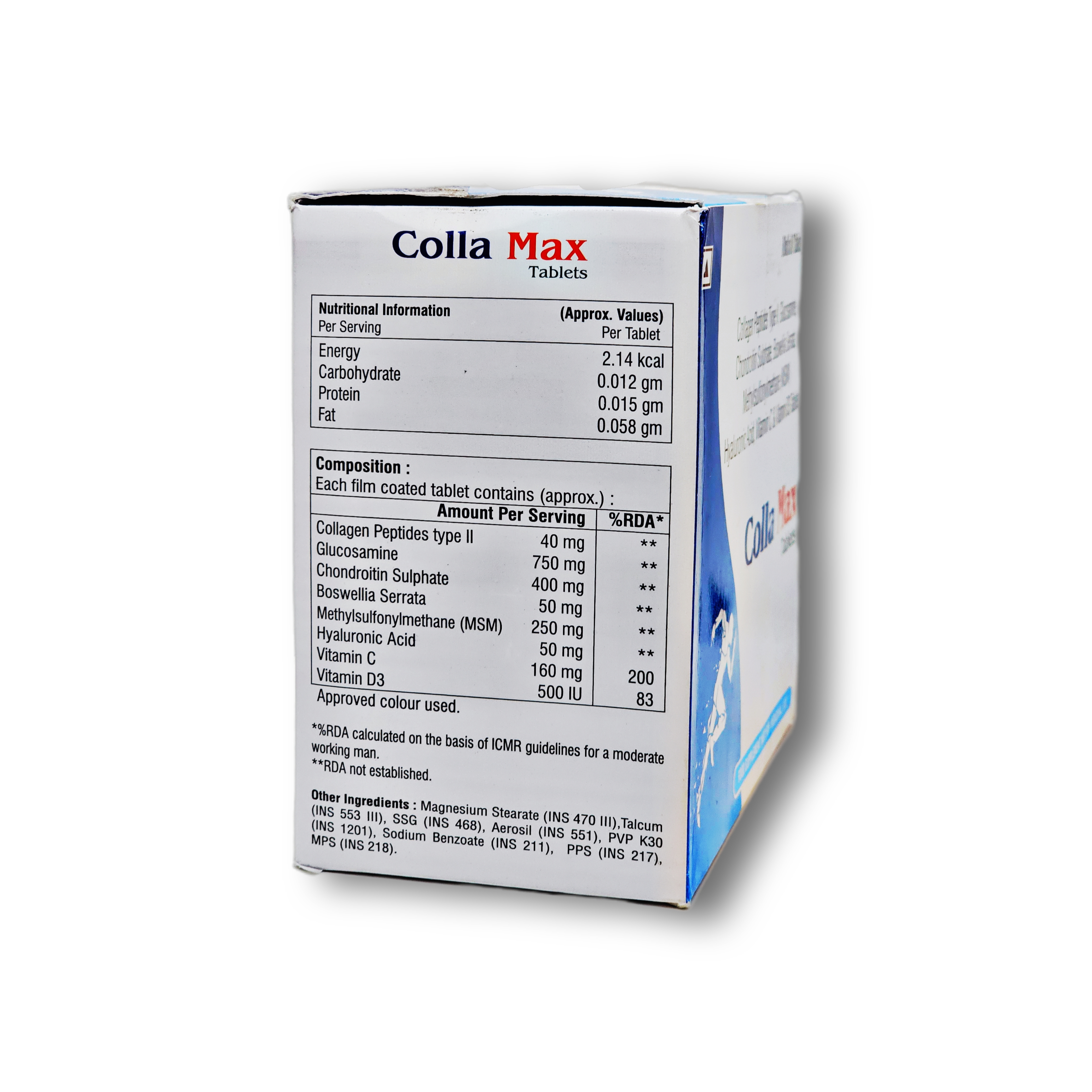
NIROGI NUTRA CARE PVT. LTD
Colla Max
Collagen Peptides Type II, Glucosamine, Chondroitin Sulphate, Boswellia Serrata, Methylsulfonylmethane, Hyaluronic Acid, Vitamin C & Vitamin D3 TabletsVIEW MORE
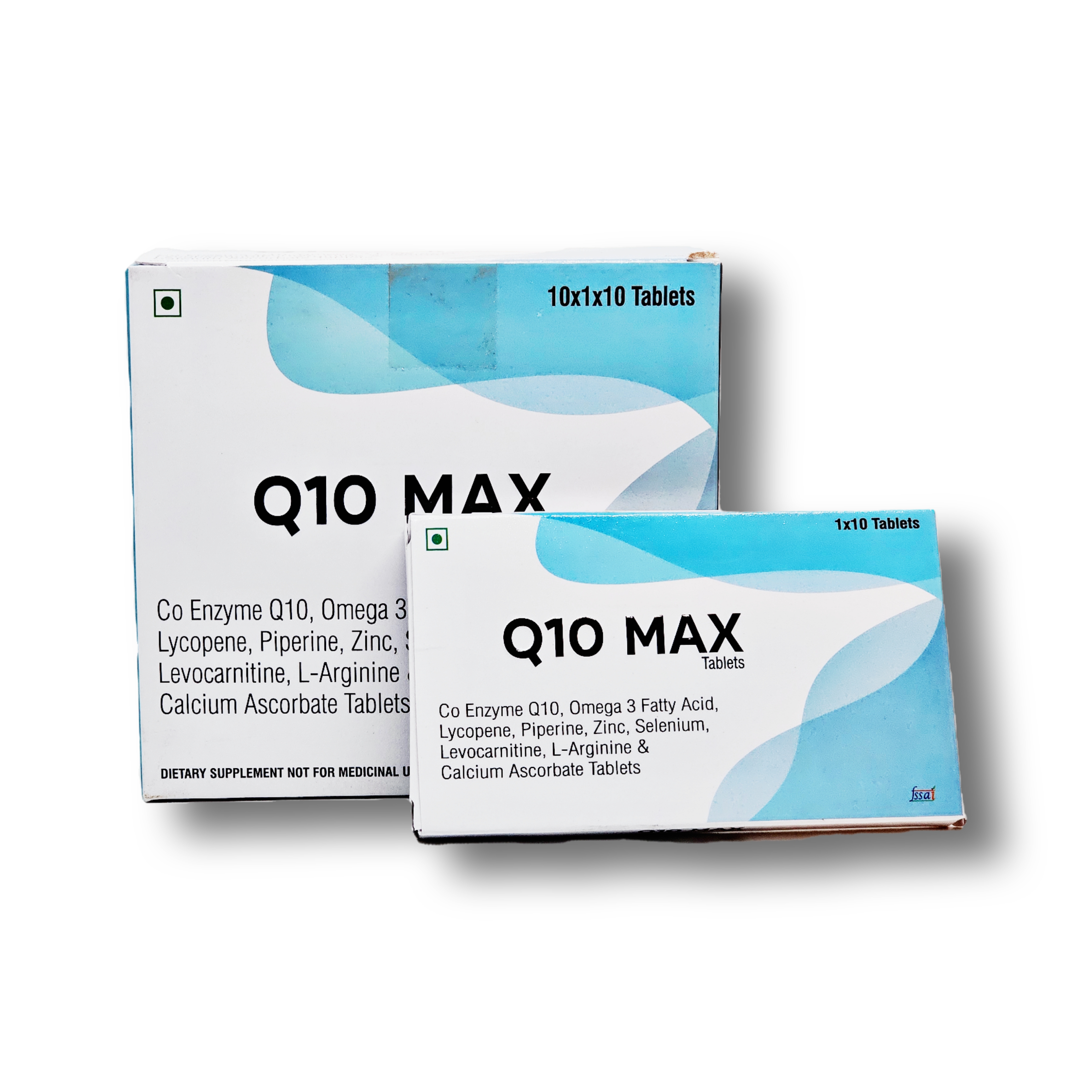

NIROGI NUTRA CARE PVT. LTD
Q10 MAX
Co-Enzyme Q10, Omega 3 Fatty Acid, Lycopene, Piperine, Zinc, Selenium, Levocarnitine, L-Arginine & Calcium Ascorbate TabletsVIEW MORE





Gama Trade Concern Nepal Pvt. Ltd
Gama E
Omega 3 Fatty Acids, Vitamin E & Wheat Germ Oil Softgel CapsulesVIEW MORE

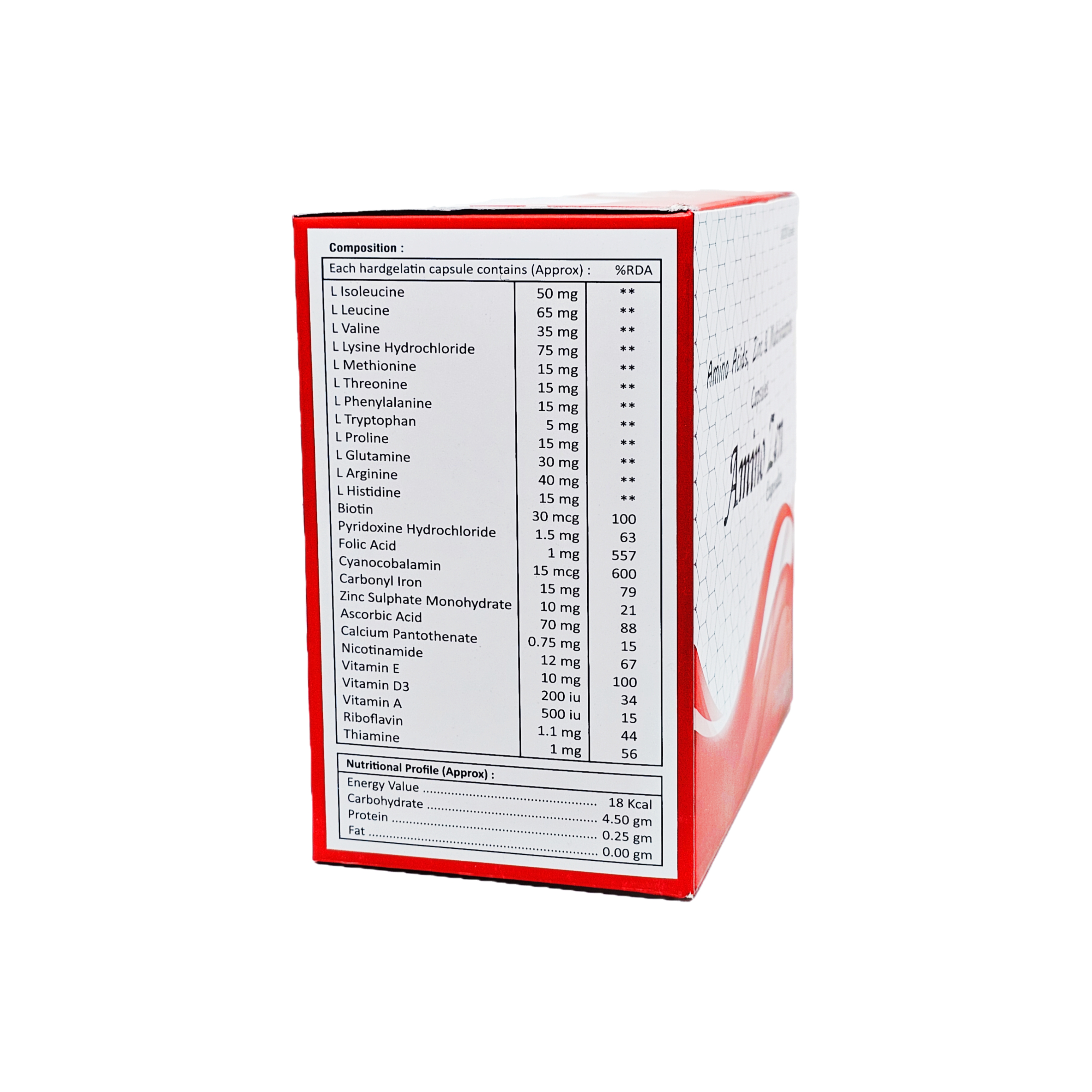

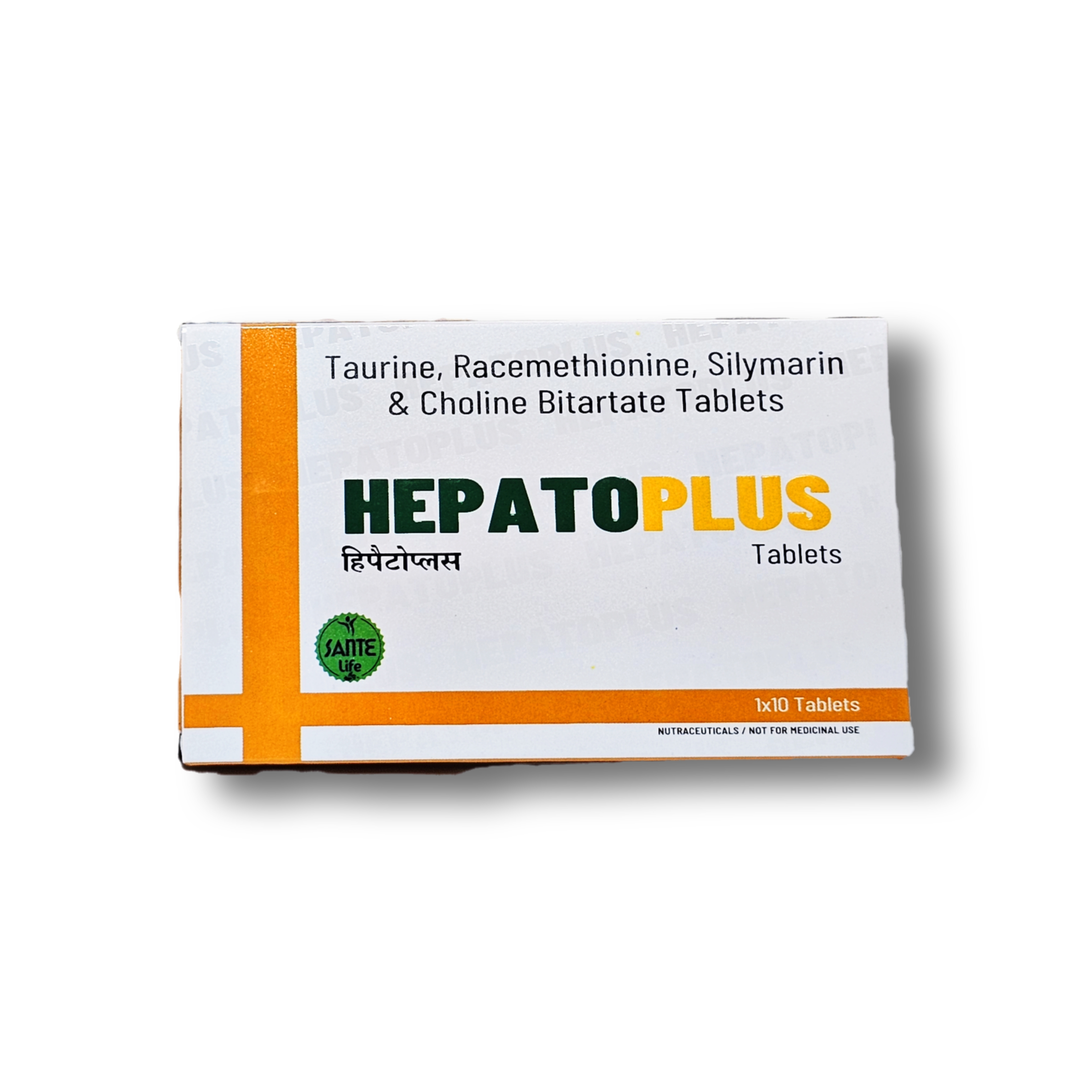
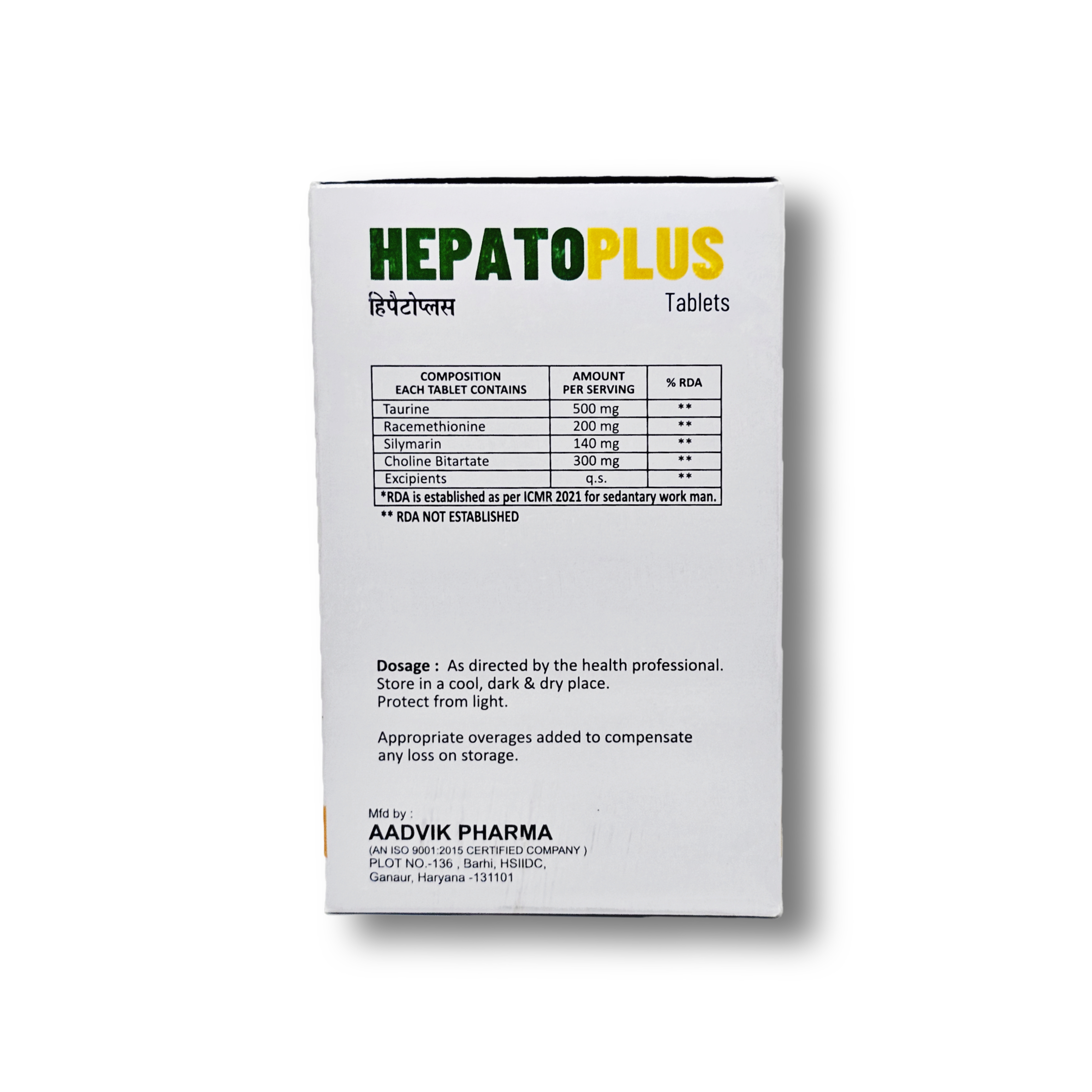


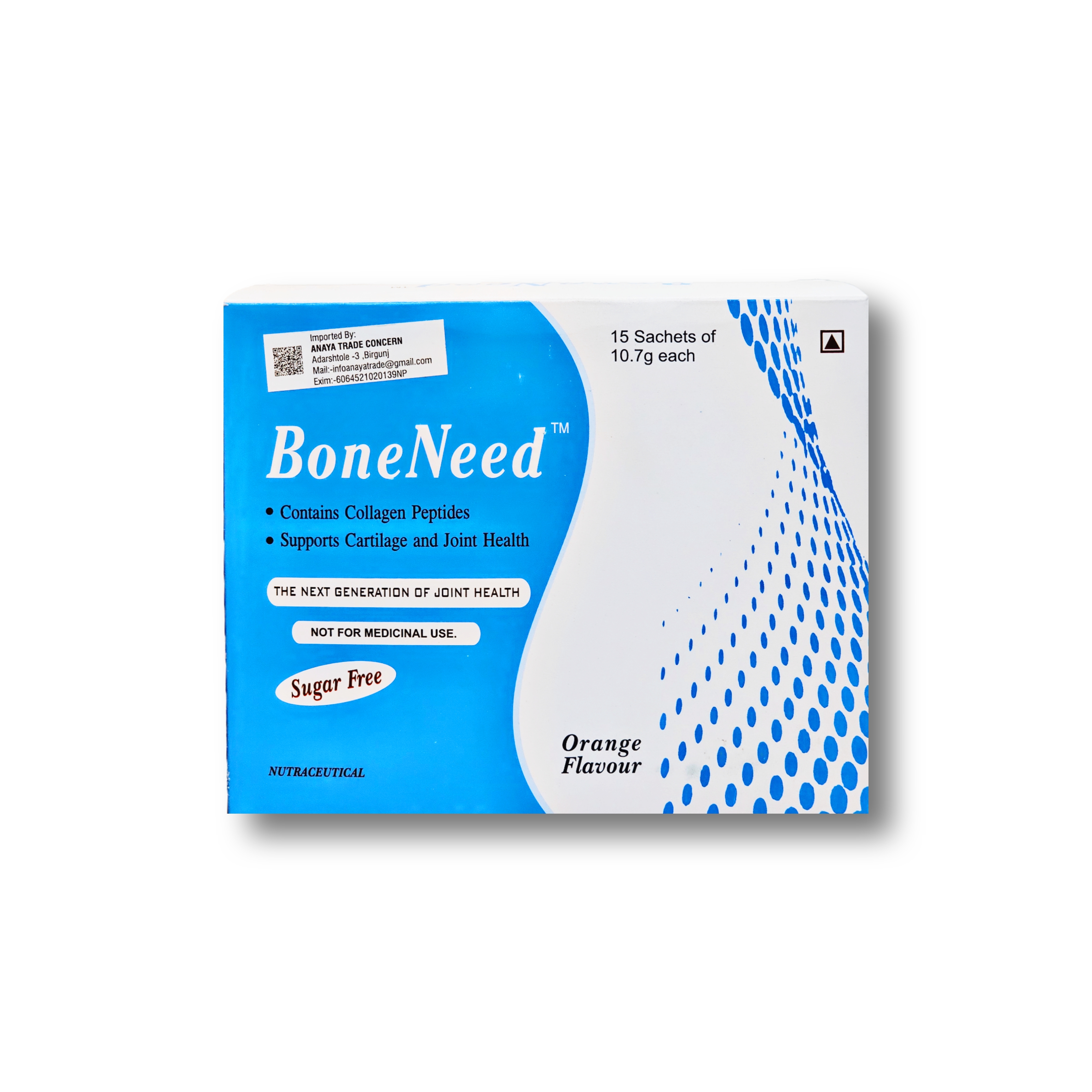
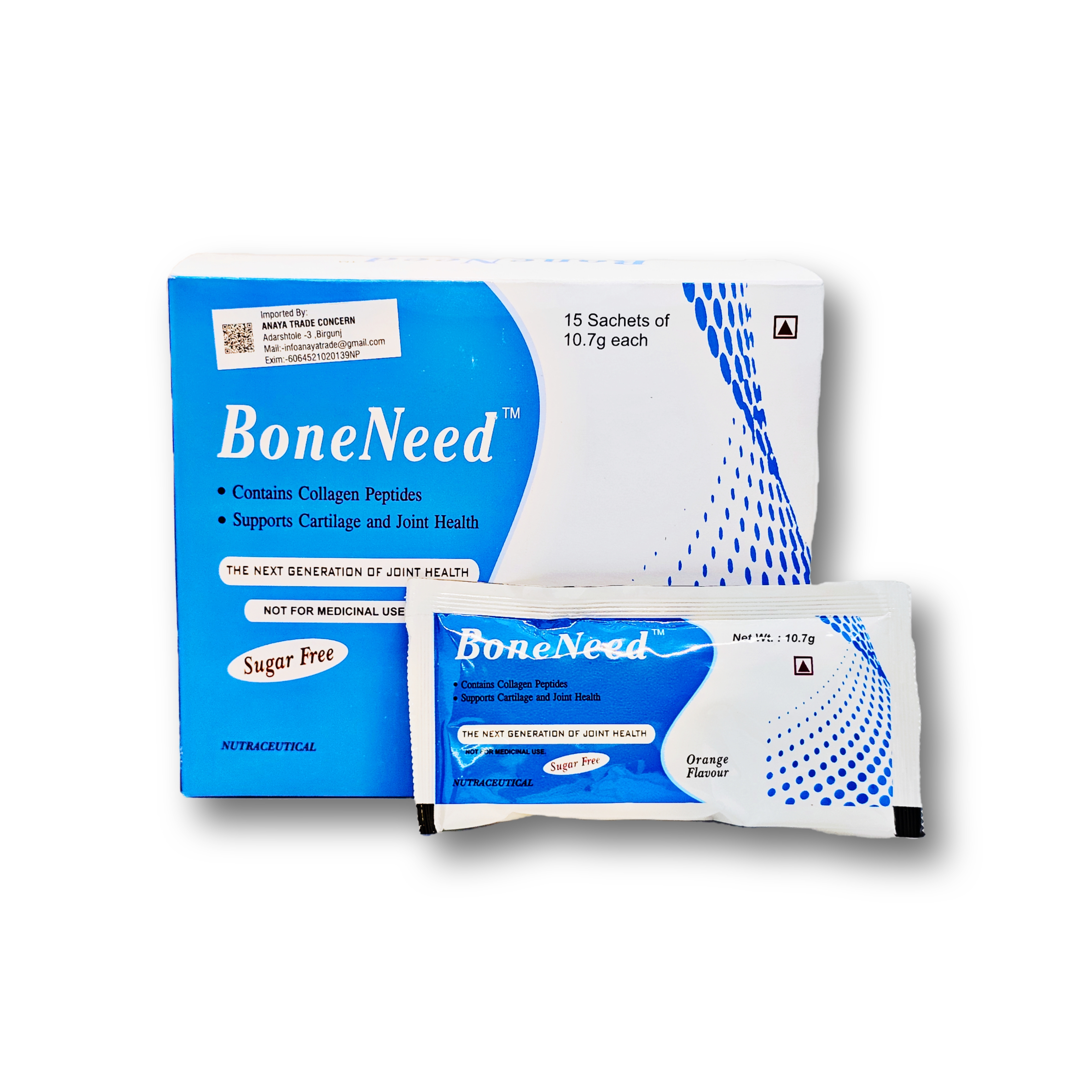
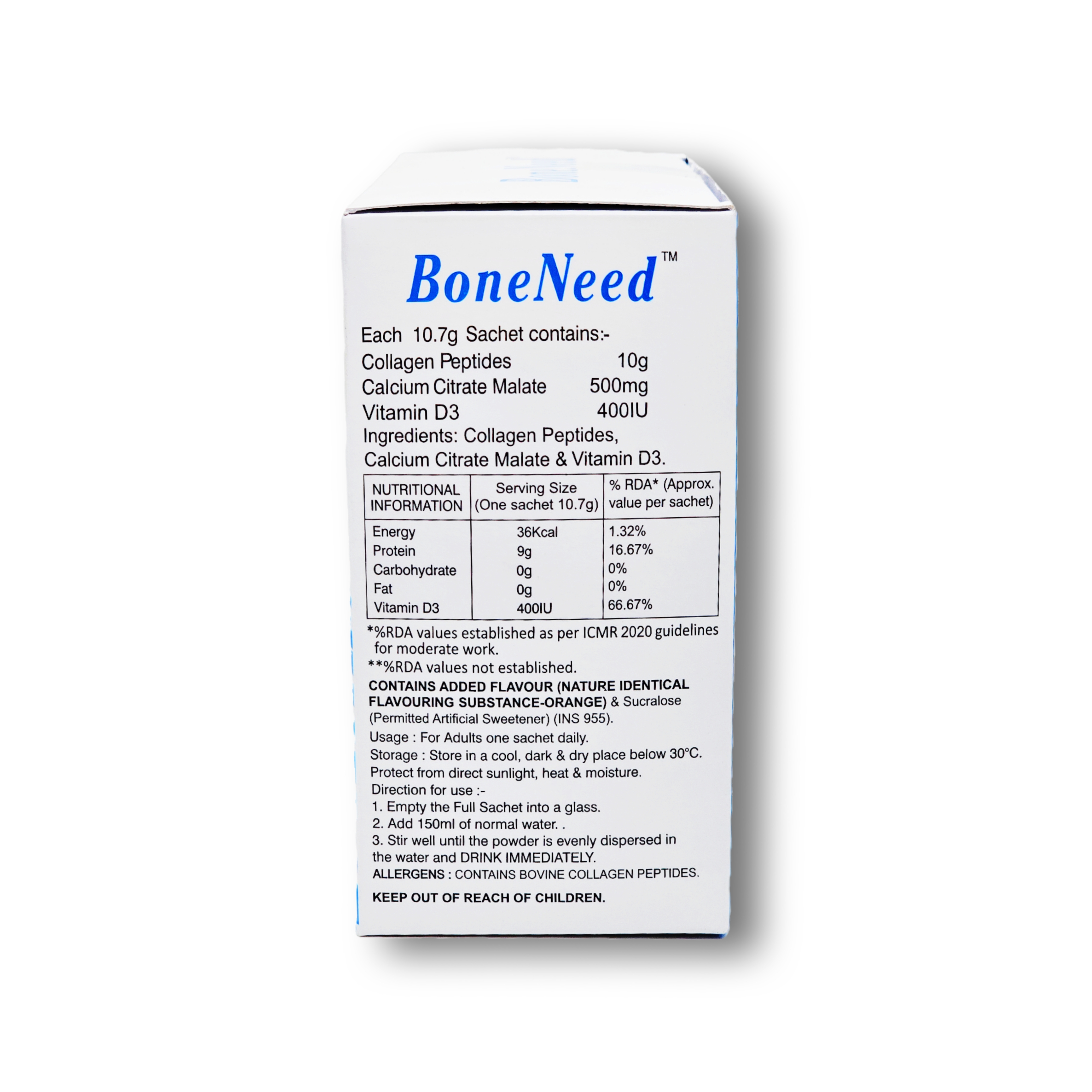



Zelleven Lifescience Pvt Ltd
Beta EC Plus
Lycopene with Multivitamins & Multiminerals softgelatin capsulesVIEW MORE


Aarush Pharmaceuticals Pvt. Ltd
FilCal K2-7
Calcium Carbonate, Selenium, Zinc, Vitamin K2-7, & D3 TabletsVIEW MORE












Sante Life
PLATPLUS
Carica Papaya Extract, Tinospora Cordifolia Extract, Goat Milk Powder & Wheat Germ Oil TabletsVIEW MORE



A.J Trade Link
Spermogain
Co-Enzyme Q10, L-Cartinine, Lycopene with Micronutrients CapsulesVIEW MORE






 0
0



